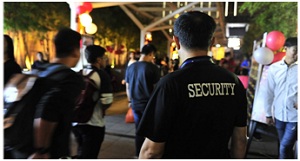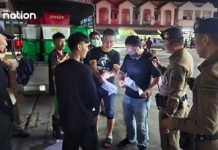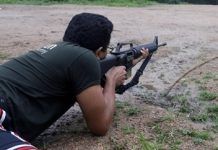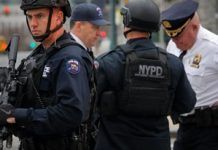The Security Association of Singapore (SAS) will roll out a set of guidelines for private security agencies to help them identify potentially radicalised individuals. The new guidelines will include tell-tale signs of radicalisation and whistle-blowing procedures if possibly radicalised individuals are detected, SAS president Raj Joshua Thomas said. SAS, the lead security trade association representing 140 agencies, said it is “deeply concerned” about news of one Aetos auxiliary police officer being detained, and another issued with a Restriction Order.
The Ministry of Home Affairs recently announced the arrest of the two Singaporean Aetos officers under the Internal Security Act (ISA). The duo, who were stationed at Woodlands Checkpoint, were nabbed last month. “This episode may affect the confidence that the public has in private security agencies and personnel,” SAS said. It will distribute the guidelines in consultation with the Ministry of Home Affairs and the Singapore Police Force.
“We will also be working with our members to develop internal whistle-blowing policies to ensure that they have the processes to effectively deal with potential instances of radicalisation,” the SAS said. SAS created a Counter-Terrorism Committee last month to look into how private security agencies and personnel can play their part in Singapore’s counter-terrorism efforts. This committee will work with the relevant authorities on the two initiatives.
“Auxiliary police officers and private security officers play an important role in protecting borders, facilities and assets in Singapore,” it said. “These two radicalised individuals are not representative of the overwhelming majority of private security personnel, who are responsible workers going about their daily jobs.” SAS said that while family and friends will likely be the first to spot signs of radicalisation, security agencies can still play an important role in helping to identify radicalised individuals.








